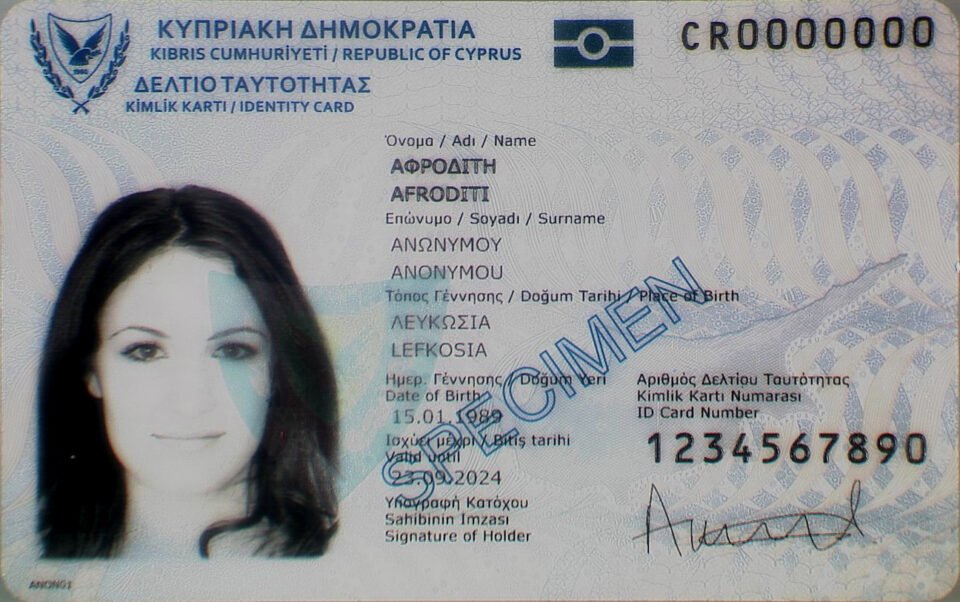It is astonishing that in the year 2022 that deputies are discussing whether the names of person’s parents should be included on identity cards. What is even more astonishing is that this matter was first brought up at the House human rights committee 10 years ago without the parties taking the obvious decision of scrapping parents’ names.
While there was a practical reason for including the parents’ names on an ID card, probably to differentiate between people with the same name born on the same day, there is no such need today, in the era of digitalisation and the biometric ID card which is being issued for the last two years.
Passports do not include parents’ names so why is their inclusion necessary on ID cards? Only two other countries in the EU have parents’ names on ID cards but these can be removed at the holder’s request. Deputies at the house committee discussed the possibility of the inclusion of parents’ names becoming optional, which is quite a ludicrous idea, considering an ID is a state document that should be marked by uniformity.
Some deputies at the committee, quite absurdly, claimed that people did not want to cut themselves from their family, as if having parents’ names on an ID card was an issue of family honour and acknowledgment of one’s past. This is a state document and not a statement of someone’s family origins or a confirmation of their family loyalty. That deputies could turn a technical matter into an issue of personal identity is far-fetched whichever way it is looked at.
Disy deputy Savia Orphanidou, who became pregnant using a sperm donor, pointed out that children were often ‘stigmatised’ by the need to have parents’ names on their ID cards and other state documents. Having ‘unknown father’ on an ID card is outrageous in this day and age, when everyone talks about protecting personal data. What business is it of any state official to be informed whether a person did not know their father’s identity.
The inclusion of the parents’ names also perpetuates and, in a way, legitimises the social conservatism that stigmatises the children of single mothers. Orphanidou, as a single mother, was disparaged on social media for taking a stand about the matter, abused by bigots for promoting her personal agenda. But she should be congratulated for having the guts to argue against this outdated state practice which has no place in any country that respects individual rights and claims to protect personal data.







Click here to change your cookie preferences